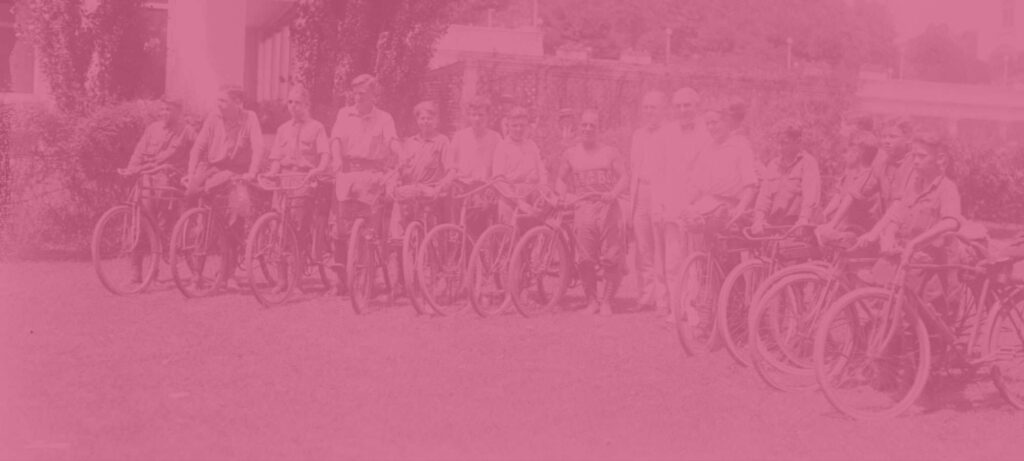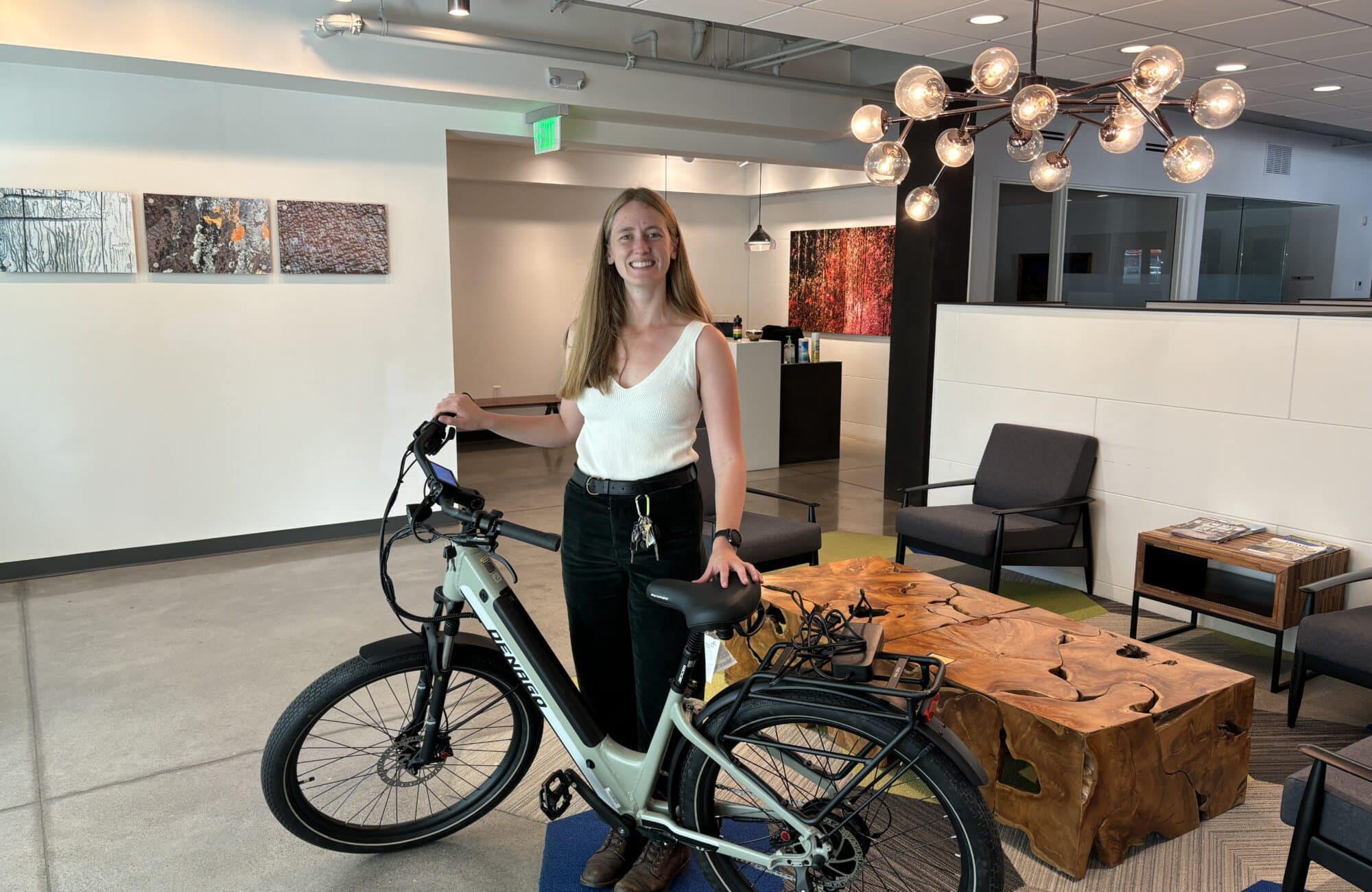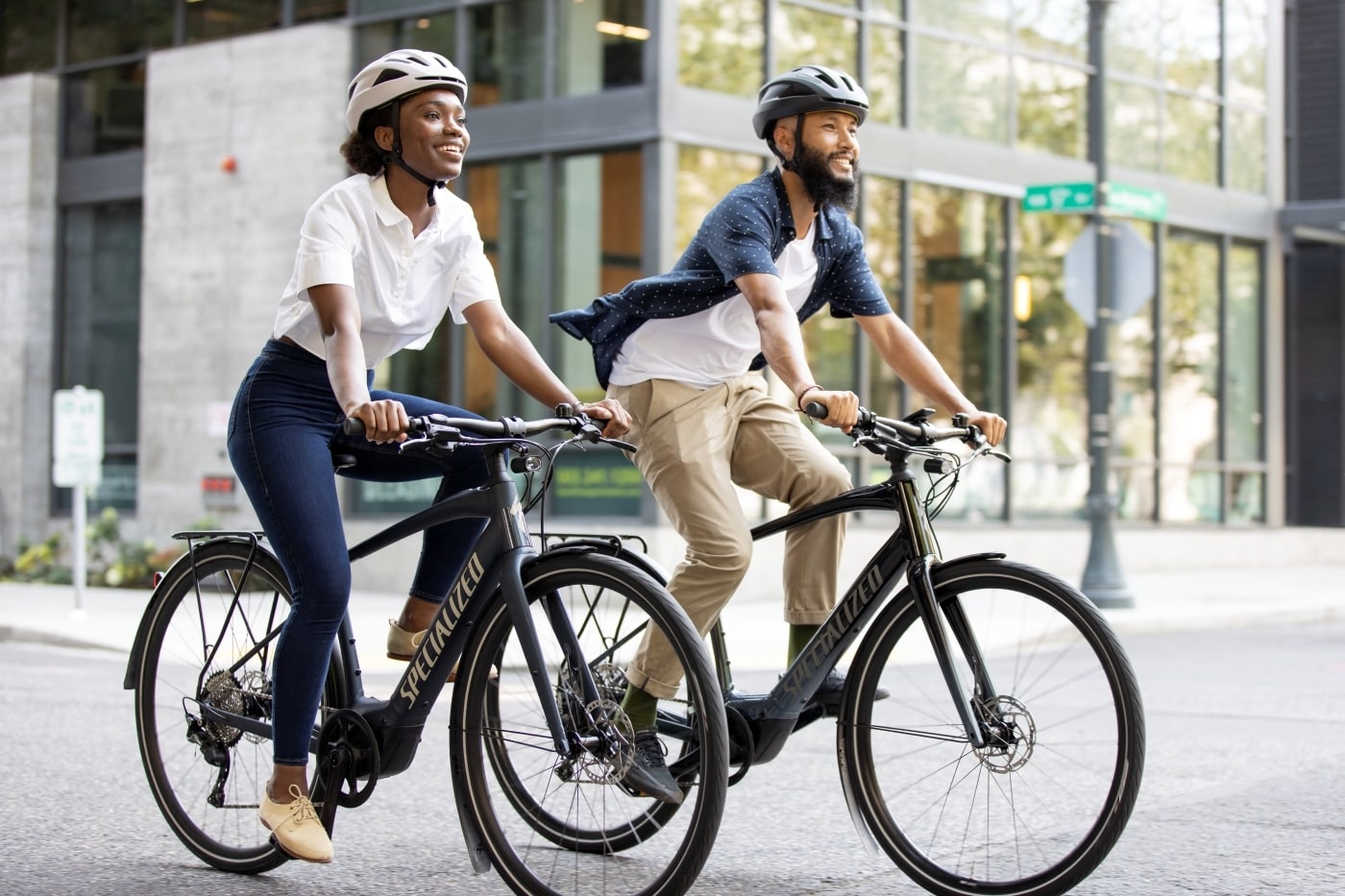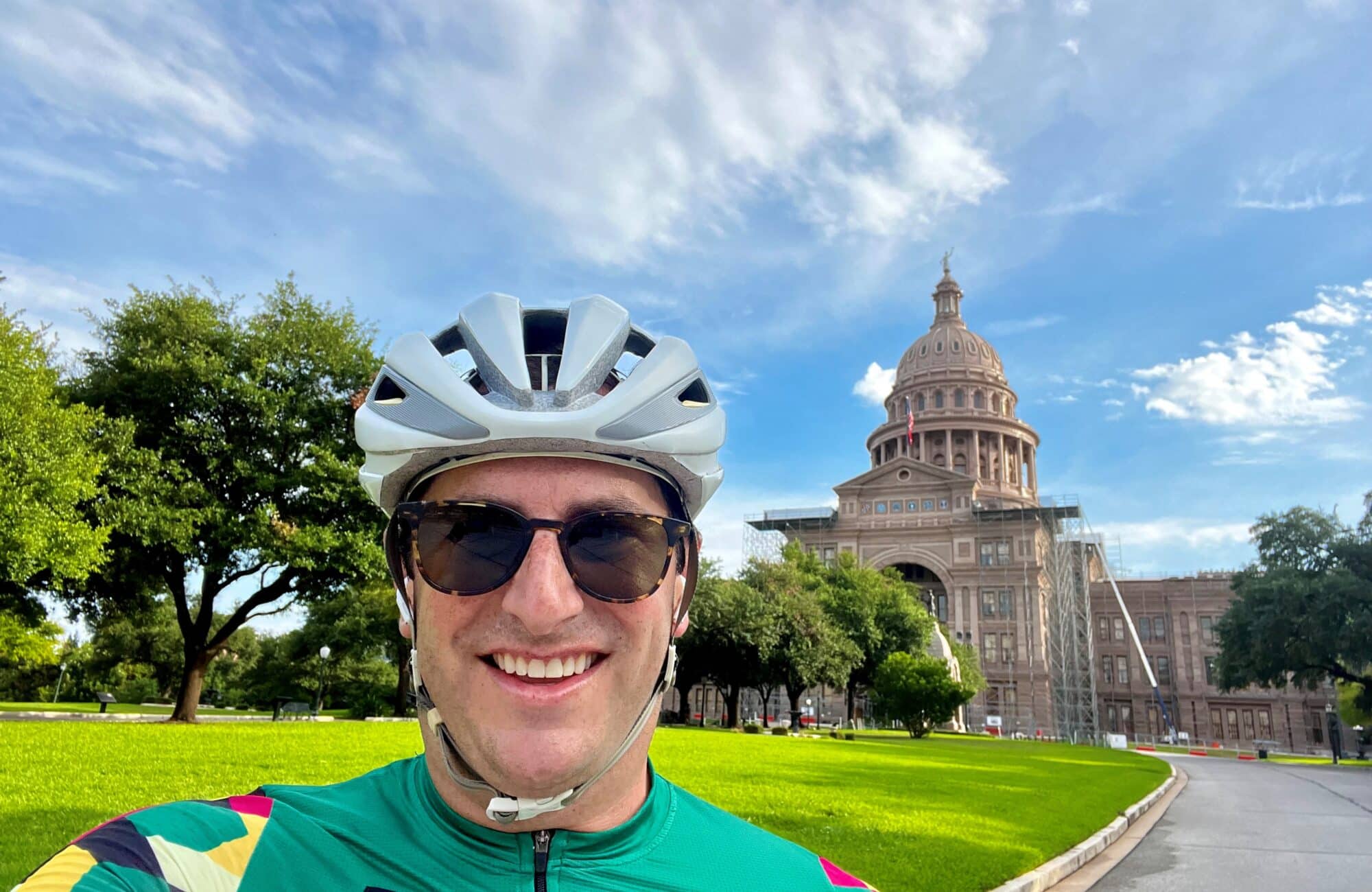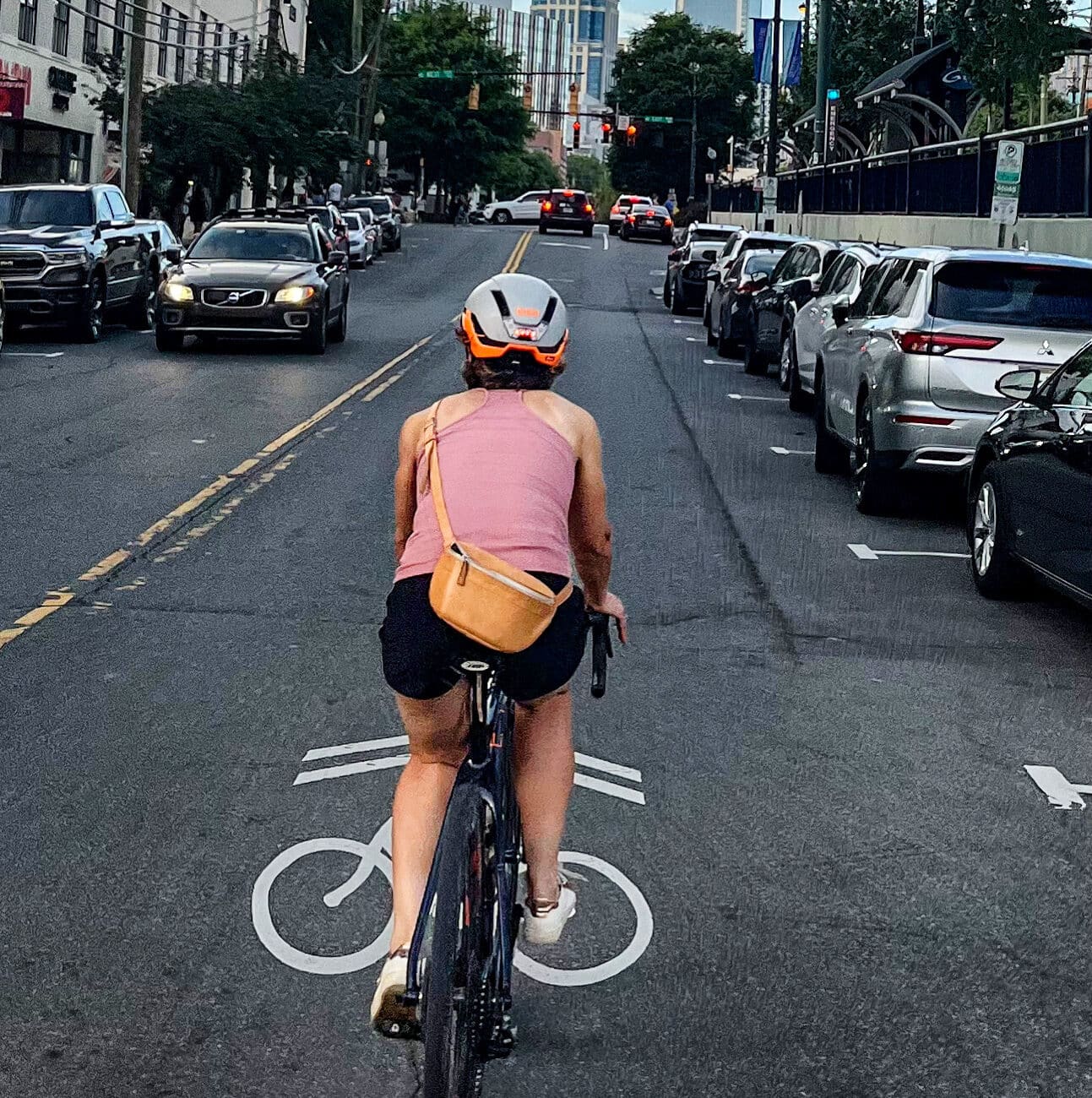More Roads = Better Transportation, And Other Myths

2023 got off to a rough start for Charlotte, North Carolina, particularly in the context of road safety. Within about a week, we lost a young woman who was riding her bicycle, a pedestrian killed in the same area of town, and four people were killed in a car wreck on I-85 in the University Area.
MOORE: MORE ROOM FOR CARS
Juxtaposed with these tragedies was the story of House Speaker Tim Moore and his reaction to Charlotte’s proposed transportation plan that attempts to reduce car usage and to improve and encourage alternate transportation methods like public transportation and bicycling. To summarize Moore’s opinion: we just need more room for cars.
Moore’s opinion could not be more short sighted. First, after improving steadily for decades, road safety in North Carolina has plummeted in recent years. Road fatalities increased by 12.8% from 2019 to 2020 and by 7.5% the following year.[1] Why? Distraction plays a huge role. Other reasons can be summed up as lack of patience and entitlement. Clearly the answer to improving road safety is not to encourage more driving.
MORE ROADS = MORE GRIDLOCK
Aside from concerns about safety, health, and the environment, we should ask whether increasing highway capacity has worked for any city, anywhere? Atlanta and Los Angeles have some of the biggest highways in the country and some of the worst gridlock. The saying “if you build it, they will come” applies perfectly to road building. Build more roads and you will get more new developments that need those roads and you’re back to where you started.
LIGHT RAIL (AND BIKE PATHS) WORK
Apparently, Moore also is not familiar with the history of Charlotte’s light rail. Detractors of the initial blue line said no one would use it and that it was a waste of money. To the contrary, although all public transportation ridership dipped during covid, the light rail has seen full capacity ridership during rush hour and Uptown sporting events, and has been a boon to businesses along its path. The added “rail trail” has made adjacent communities more walkable. The proposed silver line would help relieve airport congestion and provide the East/West connection that North and South suburbs currently enjoy.
The bike infrastructure component of the Charlotte plan is a tiny fraction of the plan’s overall cost. A few statistics with which Speaker Moore should familiarize himself: (1) the more people who ride bicycles, the safer bicycling becomes for everyone, thus encouraging more people to ride, and (2) bicycle riding improves health, helps relieve congestion and is good for the environment.[2] When the current system hasn’t worked, it helps to think about the future.
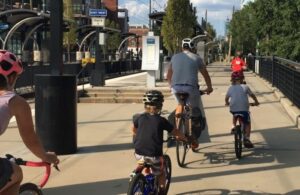
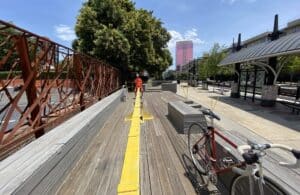
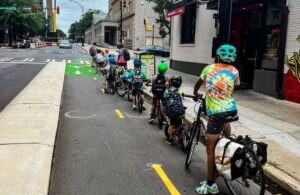
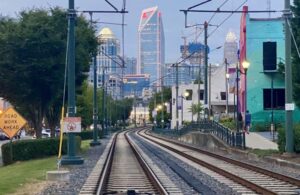
That advice applies also to the proposed bus system improvements, Speaker Moore. Of course riding a bus in Charlotte is a last resort; the bus system is terrible. What if we look at cities with reliable bus systems and see what their ridership looks like. There is a whole segment of our population that doesn’t have access to a reliable car but also can’t rely on our failing bus system. Let’s invest in our city and our neighborhoods by making sure everyone has a way to get around.
If we want to improve our cities generally and prevent unnecessary tragedies like those that have occurred in the past few weeks, we need to address our transportation woes in a much more creative way than adding freeway lanes. That idea is about as outmoded as getting a deep tan on a foil blanket. We didn’t know any better in the 1980s but we do now. Our representatives need to get with the program.
[1] Statistics taken from the most recent publication of North Carolina Crash Facts: https://connect.ncdot.gov/business/DMV/CrashFactsDocuments/2021%20Crash%20Facts.pdf
[2] See, for example, https://usa.streetsblog.org/wp-content/uploads/sites/5/2016/07/NACTO_Equitable-Bike-Share-Means-Building-Better-Places-To-Ride.pdf. I recognize there is debate about the Safety in Numbers concept. Here’s a study supporting it with a scientific methodology: https://www.sciencedirect.com/science/article/pii/S0001457516301555.
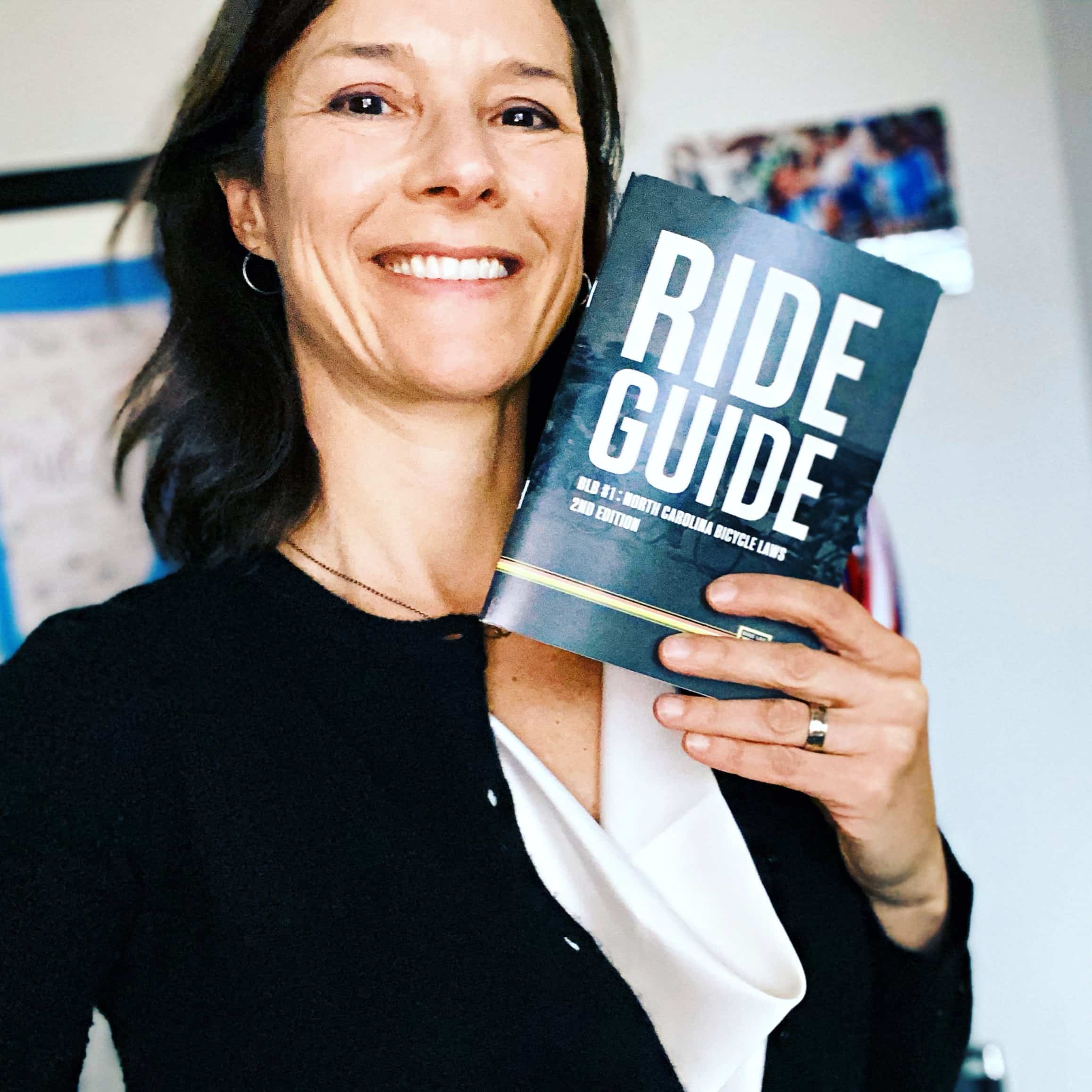
North Carolina lawyer and Bike Law founder, Ann Groninger, has advocated at the state level on behalf of bicyclists in North Carolina for over 15 years. Ann has offices in Charlotte and Durham and has helped bike accident clients in Asheville, Raleigh, Durham, Greenville, Wilmington, Fayetteville, and throughout the state. Read more about Ann on her bio page.
-
From Winner to Advocate: One Cyclist’s E-Bike Journey
Two years ago, on a family trip to Switzerland, my wife and I rented two electric-assisted mountain bikes, or e-MTBs, to tackle some steep trails near the Matterhorn. The salesperson said, in no uncertain terms, that the new e-MTBs were the way of the future, and we should give them a try. So we did. …
-
A Comprehensive Guide to E-Bikes in Louisiana: Laws, Tips, and Choosing the Best E-Bike
E-bikes are popping up everywhere. If you’re riding one in Louisiana or thinking about getting one, you may have questions about the laws, safety tips, and how to pick the right bike. That’s exactly what this post is here for! We’ll break down what you need to know about riding e-bikes in Louisiana, from legal…
-
The Lisa Torry Smith Act: A Win for Cycling Safety in Texas?
The Lisa Torry Smith Act brings important changes to Texas law. It makes clear that cyclists can ride in crosswalks and now requires drivers to stop and yield before entering a crosswalk with a pedestrian or cyclist. A gap in Texas law is allowing some drivers who hit people in crosswalks to get off scot-free,…
-
Far Right?! I was taking a LEFT!
Even Bike Law lawyers get hassled. Like many of us, riding for me is stress relief; it’s an escape from conflict and a busy schedule. Sometimes incidents on the road have the opposite effect and one incident this weekend made me question the state of humanity. It was not an unusual event, nor a particularly…
-
E-BIKES ARE LEGAL IN NC (WELL, SOME OF THEM)
Love them or hate them, e-bikes continue to rise in popularity. At the same time, lawmakers struggle to keep up with the developing technologies. Every week I get multiple inquiries from people trying to navigate North Carolina’s e-bike laws. If you’re confused, you’re not alone. We could easily fill a book with all the latest…
-
BIKES & CRIMINAL JUSTICE
Many of our cycling clients find themselves having to interact with the criminal justice system. Typically, it’s because the driver who hits them (or their family member) is charged with a crime or traffic offense. Occasionally bicyclists themselves are charged with traffic offenses! Every state’s criminal laws are different, but there is a lot of…
-
Another Successful Road Defect Case, This Time a $750,000 Settlement in Georgia
We recently shared the story of a trial victory from the State of Texas where a bicyclist was injured due to a defect in a road maintained by the Texas Department of Transportation. Texas Road Defect We now can tell the story of another huge win in a road defect case, this time from our Bike Law…
-
One Million Dollars for Texas Road Defect
The Texas Department of Transportation had offered cyclist Mike Bagg $0. Recently, attorneys with the Bike Law network took a case to a trial against a titan of a defendant: the Texas Department of Transportation. TxDOT was represented by the Attorney General’s Office, one of Texas’ largest legal teams. We had a great client, but it was…
-
More Roads = Better Transportation, And Other Myths
2023 got off to a rough start for Charlotte, North Carolina, particularly in the context of road safety. Within about a week, we lost a young woman who was riding her bicycle, a pedestrian killed in the same area of town, and four people were killed in a car wreck on I-85 in the University…

